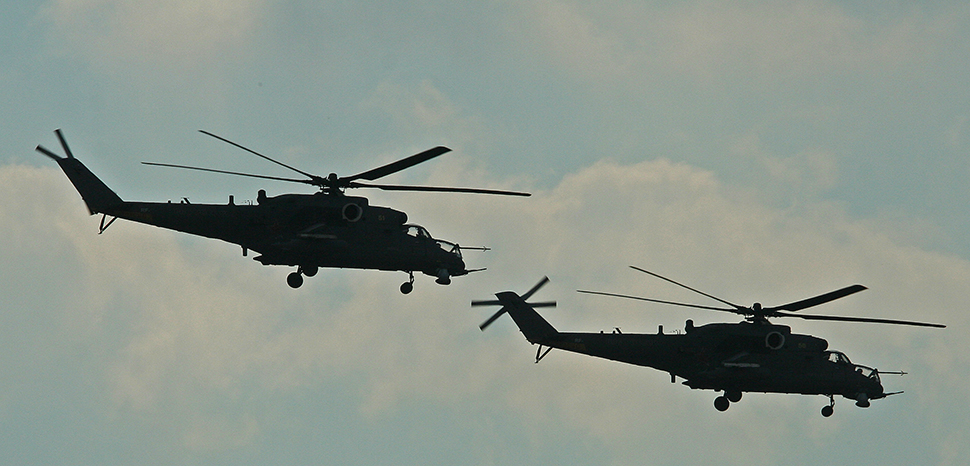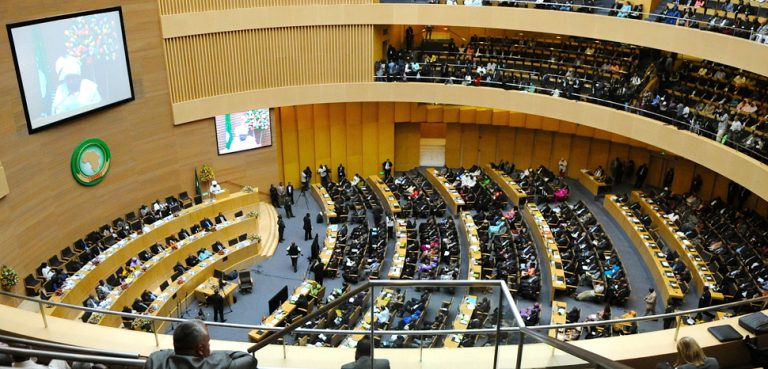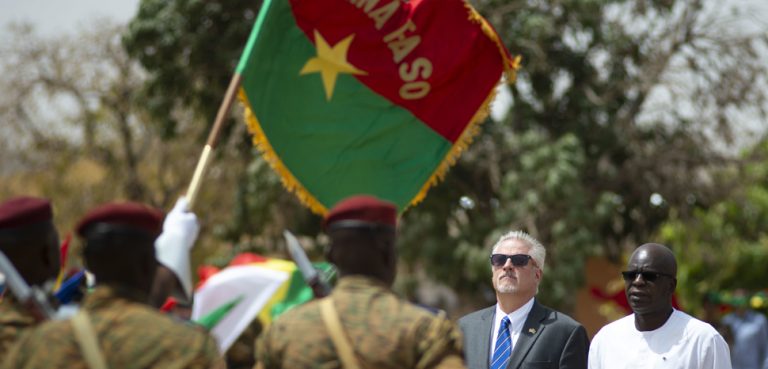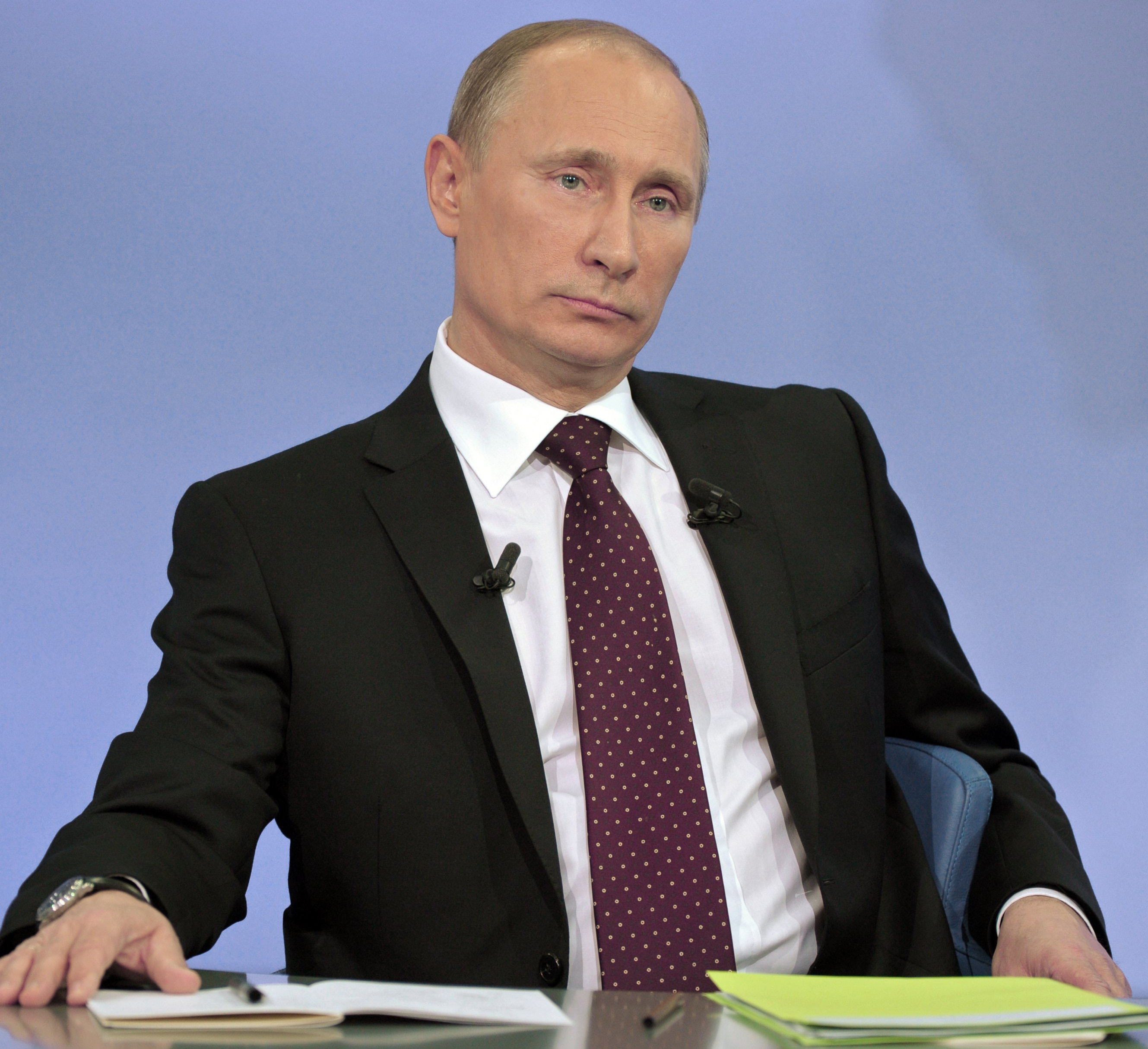The South African Institute of International Affairs, a Johannesburg based foreign policy think tank, has released a special report on Russia-Africa relations. According to the report, Russia has signed military-technical agreements with over 20 African countries and has secured lucrative mining and nuclear energy contracts on the continent.
Russia views Africa as an increasingly important vector of its post-Western foreign policy. It’s support for authoritarian regimes in Africa is readily noticeable, and its soft power has drastically eroded. As suspicions arise that Russia’s growing assertiveness in Africa is a driver of instability, its approach to governance encourages pernicious practices, such as kleptocracy and autocracy in Africa.
Over the years, Russia has fallen short on delivering on its pledges and promises, with various bilateral agreements going undelivered. Heading into the July 2023 Russia-Africa Summit in St Petersburg (unless the proposed date and venue change, again), Russia looks more like a ‘virtual great power’ than a genuine challenger to European, American, and Chinese influence.
What is particularly interesting relates to the well-researched report by Ovigwe Eguegu, a Nigerian policy analyst at Development Reimagined, a consultancy headquartered in Beijing, China. His report was based on more than 80 media publications dealing with Russia’s military-technical cooperation in Africa. His research focused on the Republic of Mali and the Central African Republic as case studies.
The report, entitled Russia’s Private Military Diplomacy in Africa: High Risk, Low Reward, Limited Impact, argues that Russia’s renewed interest in Africa is driven by a quest for global power status. Few expect Russia’s security engagement to bring peace and development to countries with which it has security partnerships.
While Moscow’s opportunistic use of private military diplomacy has allowed it to successfully gain a strategic foothold in partner countries, the lack of transparency in interactions, the limited scope of impact, and the high financial and diplomatic costs expose the limitations of the partnership in addressing the peace and development challenges of African host countries, the report says.
Much of the existing literature on Russia’s foreign policy stresses that Moscow’s desire to regain great power status has been pursued largely by exploiting opportunities in weak and fragile states in Africa.
Ovigwe Eguegu’s report focuses on the use of private military companies to carry out ‘military diplomacy’ in African states, and the main research questions were: What impact is Russia’s private military diplomacy in Africa having on host countries’ peace and development? And: Why Russia has chosen military diplomacy as the preferred means to gain a foothold on the continent?
He interrogates whether fragile African states advance their security, diplomatic, and economic interests through a relationship with Russia. Overcoming the multidimensional problems facing Libya, Sudan, Somali, Mali and Central African Republic will require comprehensive peace and development strategies that include conflict resolution and peacebuilding, state-building, security sector reform, and profound political reforms to improve governance and rule of law – not to mention sound economic planning critical for attracting the foreign direct investment needed to spur economic growth.
In the report, Eguegu further looked at the geopolitical dynamics of Russia’s new interest in Africa. He asserted that during the Cold War, the interests of the Soviet Union and many African states aligned along pragmatic and ideological lines. Many African countries had, after independence, resumed agitation against colonialism, racism, and capitalism throughout the 1970s and 1980s. The clash between communism and capitalism provided ample opportunity to the Soviets to provide support to African countries both in ideological solidarity and as practical opposition to Western European and US influence in Africa.
Since Soviet’s collapse in 1991, Russia itself has rekindled relationships with African countries for myriad reasons – but these can largely be attributed more to pragmatism rather than ideology. More specifically, Russia’s interactions with African states have been multi-dimensional ranging from economic and political to security oriented.
He offered the example of Moscow’s relationships with Eritrea and Sudan that ultimately provided Russia with some influence and leeway in the critical Red Sea region, and also to counter the influence of the US and China. But the main feature of Russia’s policy is mostly ‘elite-based’ and tending to lend support to illegitimate or unpopular leaders.
The report also highlighted the myriad socioeconomic and political challenges plaguing a number of African countries. Despite these developments, some have struggled to maintain socioeconomic and political stability. The spread of insecurity has now become more complex across the Sahel region. The crisis is multidimensional, involving the political, socioeconomic, regional and climatic dimensions. Good governance challenges play their own role. Moreover, weak political and judicial institutions have contributed to deep-seated corruption.
Conflict resolution has to be tied to comprehensive improvement of political governance, economic development, and social questions. Some of the fragile and conflict-ridden African countries are keen on economic diversification and broader economic development. However, progress is limited by inadequate access to finance and the delicate security situation.
According to the International Monetary Fund, these fragile states have to diversify their economy and establish connections between the various economic regions and sectors. Poverty caused by years of lackluster economic performance is one of the root causes of insecurity. As such, economic development and growth would form a key part of the solution to regional security problems.
Analysts, however, suggest that Russia utilizes mercenaries and technical cooperation mechanisms to gain and secure access to politically aligned actors and, by extension, economic benefits like natural resources and trade deals.
It is argued that the adherence to a primarily military approach to insecurity challenges is inadequate and not the correct path for attaining peace and development. Furthermore, fragmented, untransparent and unharmonized peace processes will impede considerably on sustainable solutions to the existing conflicts in Africa.
Worse is that Russia’s strengths expressed through military partnerships fall short of what is needed to address the complexities and scale of the problems facing those African countries. Moscow certainly has not shown enough commitment needed for the comprehensive peacebuilding programs, security sector reforms, state-building, and improvement to governance and rule of law.
Surely, African countries have to begin to re-evaluate their relationship with Russia. African leaders should not expect anything tangible from meetings, conferences and summits. Since the first Russia-Africa summit held in 2019, very little has been achieved. Nevertheless, not everything is perfect. There is some high optimism that efforts might gain grounds. The comprehensive summit declaration, at least, offers the clear strategic roadmap for building relations.
At this point, it is even more improbable that Moscow would commit financial resources to invest in economic sectors, given the stringent sanctions imposed following Putin’s invasion of Ukraine. The impact of sanctions and the toll of the war on the Russian economy are likely to see Moscow redirect its practical attention towards ensuring stability within its borders and in its periphery.
Notwithstanding its aim of working in this emerging new multipolar world with Africa, Russia’s influence is still comparatively marginal and its policy tools are extremely limited relative to other international actors, including China and Western countries such as France, European Union members, and the United States.
The views expressed in this article belong to the authors alone and do not necessarily reflect those of Geopoliticalmonitor.com.




